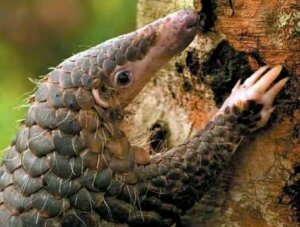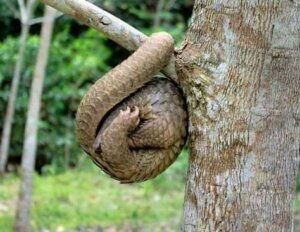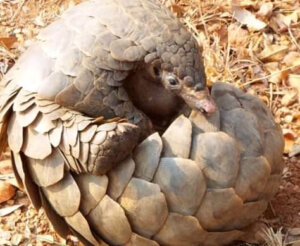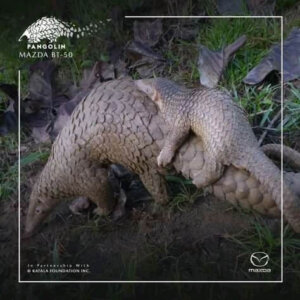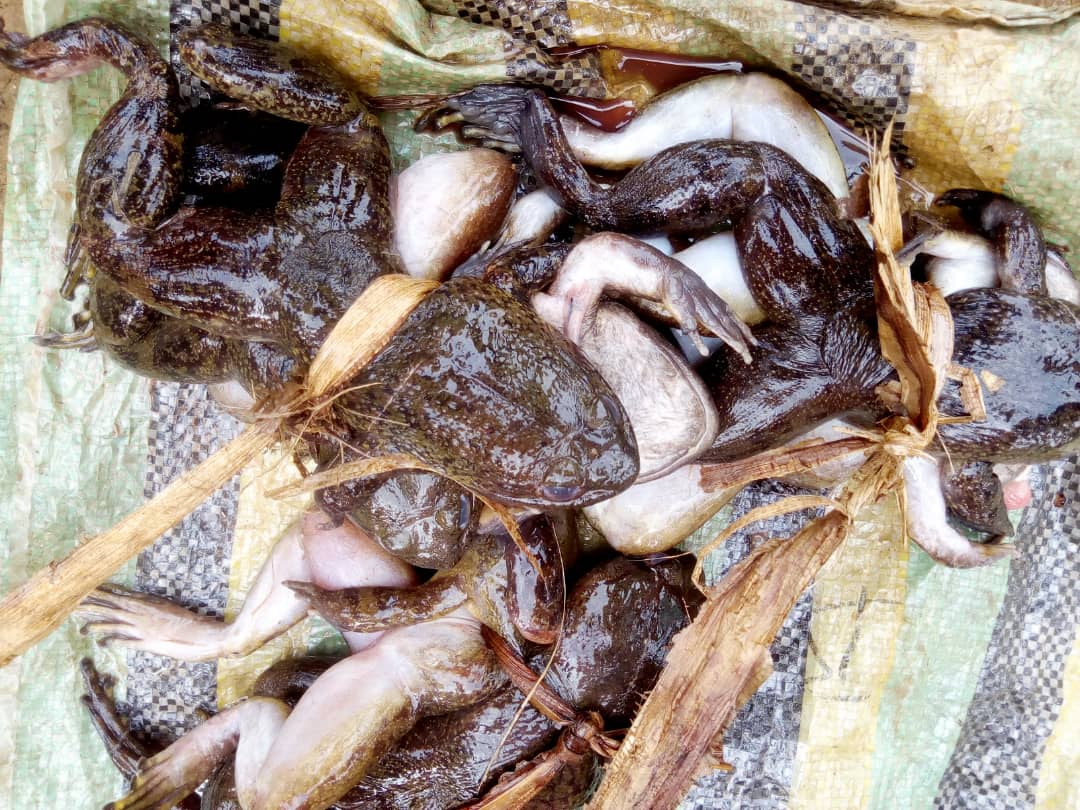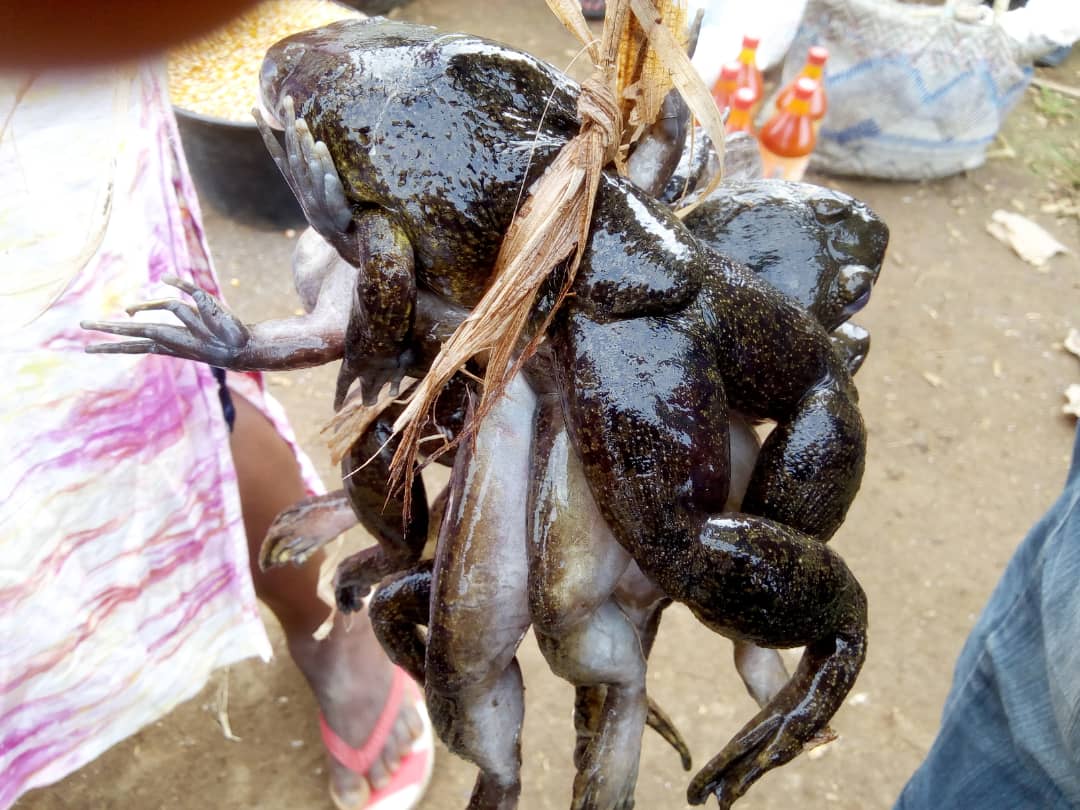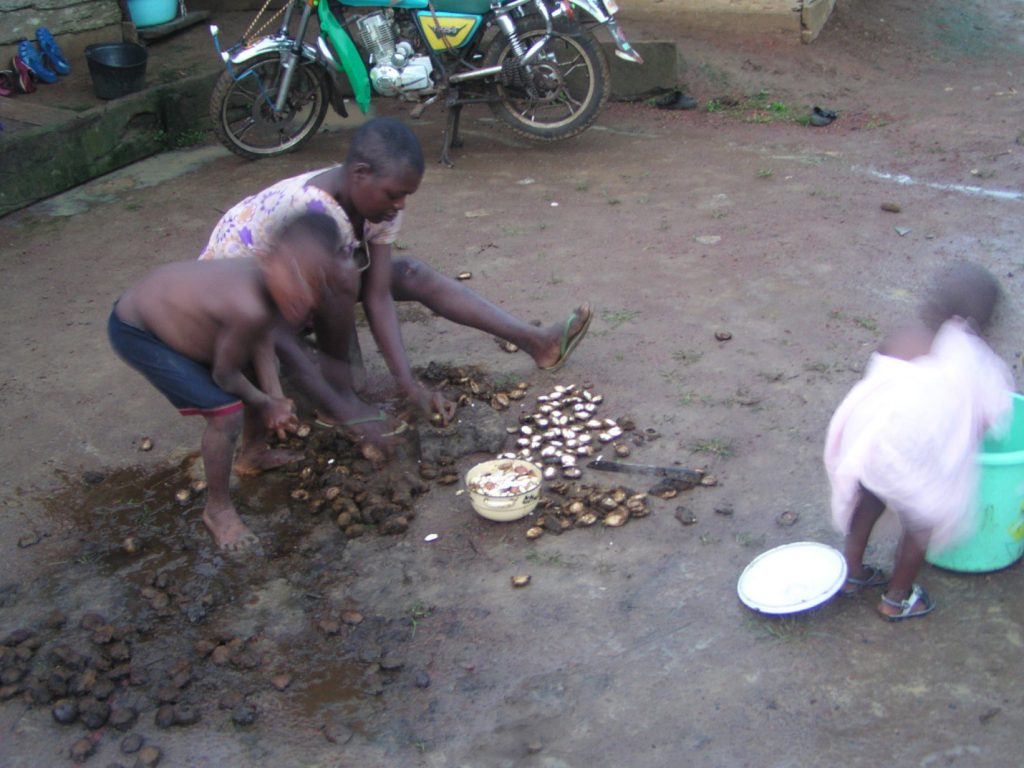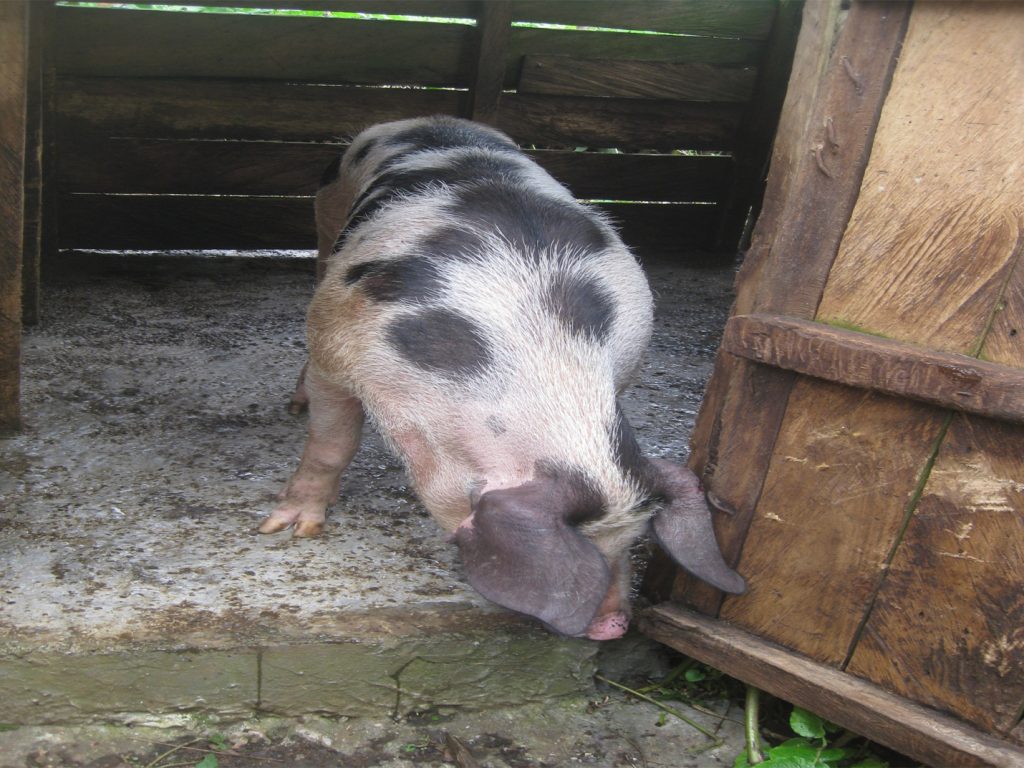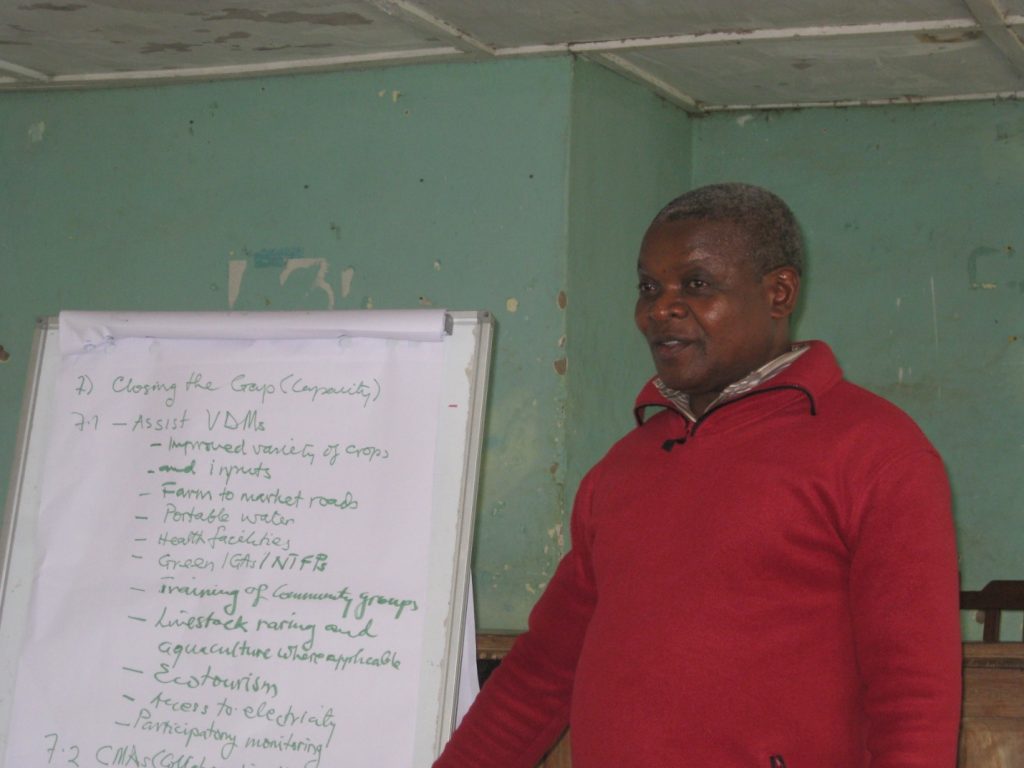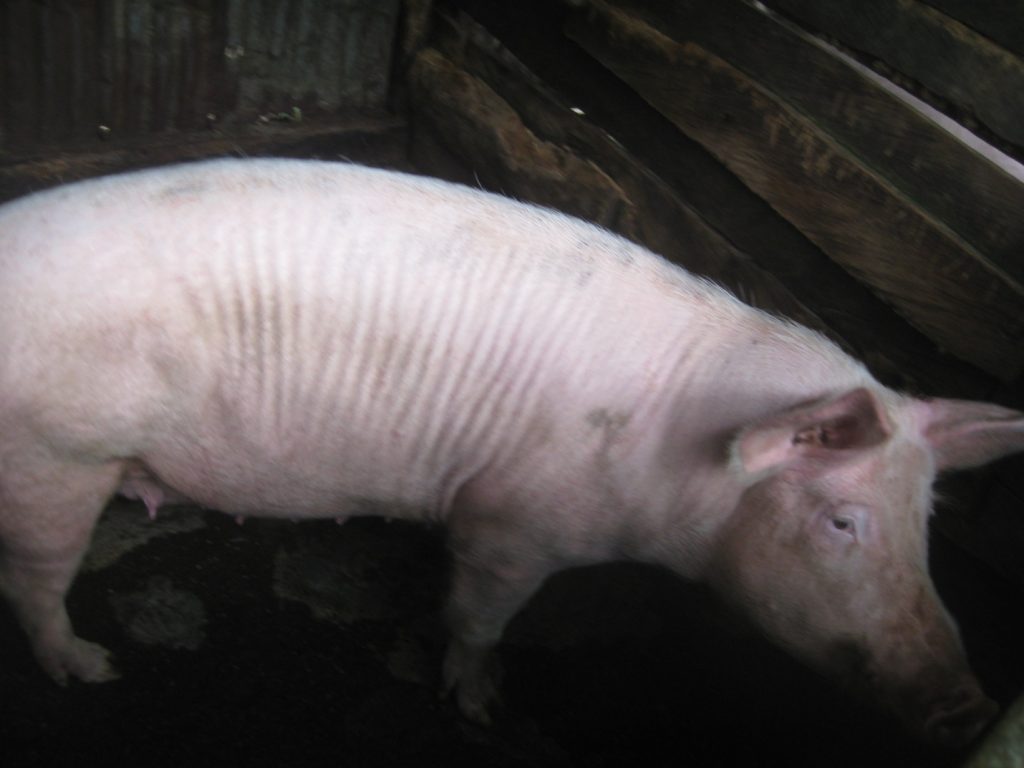AFRINET works with Local Communities Through Forest Management Committees in a number of Ways:
- Promote livestock farming and beekeeping as an alternative to means to illegal hunting and unsustainable harvesting of (NTFPs) Non Timber Forest Products
- Promote tree planting and agro forestry farming
- Advocate and lobby traditional rulers in all villages around the park to institute traditional bans on river poisoning, trapping and deforestation practices
- Organize and work with farmer groups to ensure food security
- Promote the cultivation of NTFPs such as bitter kola, bush mango, bush onion etc.
- Bush meat monitoring
- Fight against illegal and unsustainable exploitation.

